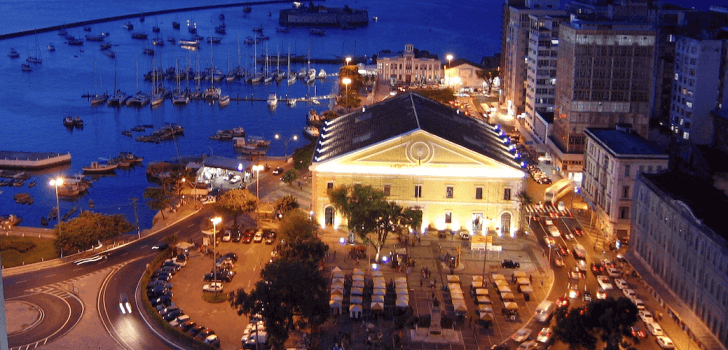The economic downturn in Brazil is worse than expected, as rising unemployment and high levels of inflation have absolutely destroyed domestic demand in the country. Goldman Sachs has called the situation “an outright depression”.
The GDP in Brazil has declined by 1.7% this quarter, and it experienced a 2.1% decline the previous quarter. Most economists only expected the Brazilian GDP to fall by 1.2% this quarter. This also represents the first time ever that the Brazilian economy has shrunk in three consecutive quarters.
Investigations into corruption have resulted in a political gridlock in Brazil. President Dilma Rousseff has been largely unable to pass measures designed to reinforce fiscal accounts and revive consumer confidence. Meanwhile, the budget deficit has further increased, causing government bonds to be heavily downgraded.
On Monday, the Brazilian government experienced a partial shutdown. Also, the central bank of Brazil has increased borrow costs to its highest levels since 2006. And still, the country is dealing with extremely lackluster demand, excessive unemployment and inflation in the double digits.
Chief Latin America economist at Goldman Sachs Alberto Ramos said, “What started as a recession driven by the adjustment needs of an economy that accumulated large macro imbalances is now mutating into an outright economic depression given the deep contraction of domestic demand.”
Indeed, while investment has continued to fall in Brazil, the fact that consumer demand is also rapidly declining is extremely concerning.
Chief economist at Banco Safra and former Brazilian Treasury Secretary Carlos Kawall said, “It’s a substantial hit coming not only from investment, which has fallen nine quarters in a row, but this year the big change is the substantial drop in consumption. We have not seen such a string of bad numbers for consumption.”
Simply put, Brazilian consumers are just not confident in their ability to handle debt. With very high unemployment rates and ridiculously high inflation, it’s no wonder that people are reluctant to make purchases. The confidence just isn’t there.
Barclays Plc economist Bruno Rovai said, “The idea that consumers might not have income to service debt in the years to follow I think is what terrifies them. Even if there is a recovery of sentiment, we believe the labor market will continue suffering throughout the next year, and that will hold down household consumption.”
In an effort to slow consumer prices increases, the central bank has almost doubled the country’s benchmark rate since 2013. The rate currently stands at 14.25%. This has prompted companies to avoid taking new loans. Overall, investment fell by 4% in the third quarter of this year. That was the 9th consecutive quarter in which investment declined in Brazil.
Meanwhile, the debt rating for Brazil is atrocious. Moody’s has given Brazilian debt its lowest possible ratings, while Standard & Poor’s declared Brazilian government bonds to be “junk”. According to S&P, Brazil has received this rating because of its deteriorating fiscal position, political challenges and overall economic weaknesses.
Making matters worse is that economists generally expect the economic decline of Brazil to continue for at least two more quarters. The average expectation is that the Brazilian economy will have fallen by 3.2% by the end of this year. Next year, the Brazilian economy is expected to fall by more than 2%. This will mark the first back-to-back overall annual recession in Brazil since 1931.
Stay Connected